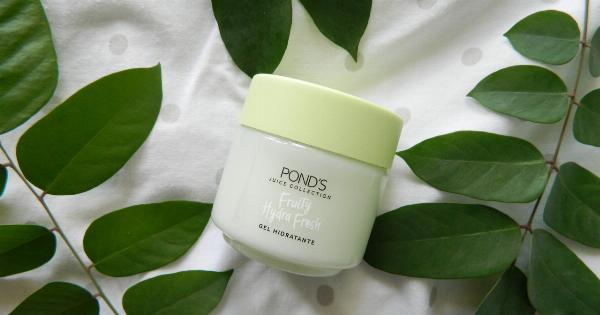Acne is a skin condition that is commonly associated with adolescence, but it can also affect adults. In fact, adult acne is quite common and can be just as bothersome and frustrating as teenage acne.
However, there are several key differences between acne in adults and acne in teenagers. In this article, we’ll break down adult acne and provide you with the information you need to effectively manage and treat it.
The Causes of Adult Acne
Just like teenage acne, adult acne is primarily caused by the overproduction of sebum, an oily substance that helps keep the skin moisturized. When too much sebum is produced, it can clog the pores and lead to the formation of acne.
However, there are several factors that can contribute to the development of adult acne:.
Hormonal Imbalances
Hormonal imbalances are one of the primary causes of adult acne. Fluctuations in hormone levels can stimulate the sebaceous glands to produce excess sebum, leading to clogged pores and breakouts.
Women are particularly prone to hormonal acne, especially during their menstrual cycles, pregnancy, and menopause.
Stress
Stress can wreak havoc on your skin, including triggering or exacerbating adult acne. When we’re stressed, our bodies produce cortisol, also known as the stress hormone.
Cortisol stimulates the sebaceous glands, leading to increased sebum production and a higher likelihood of breakouts.
Environmental Factors
Exposure to certain environmental factors, such as pollution and high humidity, can contribute to adult acne. Pollutants in the air can clog the pores and irritate the skin, while high humidity levels can increase sweat production and sebum production.
Skincare and Makeup Products
The skincare and makeup products you use can also play a significant role in the development of adult acne. Some products may contain comedogenic ingredients that can clog the pores and lead to breakouts.
Additionally, using heavy or occlusive products can trap sweat and bacteria on the skin, further exacerbating acne.
Treating Adult Acne
Now that we’ve explored the main causes of adult acne, let’s discuss the different treatment options available:.
Topical Treatments
One of the most common forms of treatment for adult acne is the use of topical products. These products can contain active ingredients such as benzoyl peroxide, salicylic acid, or retinoids.
These ingredients help unclog the pores, reduce inflammation, and prevent bacterial growth, ultimately leading to clearer skin.
Oral Medications
In some cases, dermatologists may prescribe oral medications to help combat adult acne. Antibiotics such as tetracycline or hormonal medications like birth control pills can help regulate hormone levels and reduce acne breakouts.
Lifestyle Changes
Adopting certain lifestyle changes can also contribute to improving adult acne. Here are a few tips:.
Maintain a Consistent Skincare Routine
Having a consistent skincare routine is crucial in managing adult acne. Cleanse your face twice a day with a gentle cleanser, use non-comedogenic moisturizers, and always remove makeup before going to bed.
Eat a Healthy Diet
Some research suggests that certain foods may trigger acne breakouts. Avoiding greasy and sugary foods while consuming a diet rich in fruits, vegetables, whole grains, and lean proteins can contribute to healthier-looking skin.
Reduce Stress
Given that stress can worsen adult acne, finding ways to manage stress is essential. Engage in activities you enjoy, practice relaxation techniques, and consider incorporating regular exercise into your routine.
Protect Your Skin
Protecting your skin from harmful environmental factors can help prevent acne breakouts. Use sunscreen with a minimum SPF of 30, wear hats and protective clothing, and avoid spending prolonged periods in environments with high pollution levels.
When to Seek Professional Help
If your adult acne continues to persist despite your best efforts, it may be time to seek professional help.
Dermatologists specialize in treating various skin conditions, including acne, and can provide targeted solutions that address your specific concerns.
In conclusion,
adult acne is a common condition that can be caused by hormonal imbalances, stress, environmental factors, and certain skincare or makeup products.
Treating adult acne often involves the use of topical products, oral medications, and lifestyle changes such as maintaining a consistent skincare routine, eating a healthy diet, reducing stress, and protecting the skin from harmful environmental factors. If your adult acne persists, it’s recommended to consult a dermatologist for personalized advice and treatment options.



























